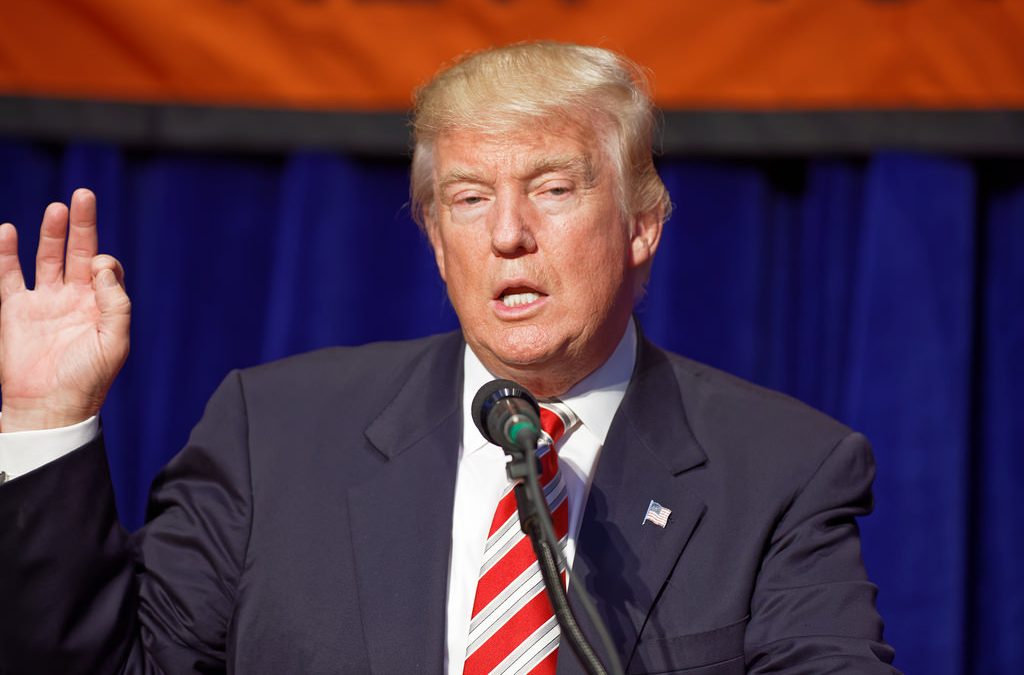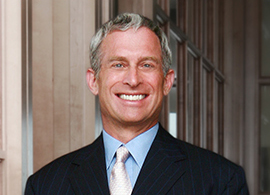The United States drives more than half of all venture capital investment in the world. As of Q3 2016, 54 percent of all venture-backed deals around the globe went to American companies. Moreover, 96 out 174 unicorns—private tech companies valued at $1 billion or more—are located in the U.S. Thus far, the election of Donald J. Trump has created economic uncertainty that could impact venture capital investment, but experts also point out that tech companies and venture capital thrive even in adverse conditions.
President-elect Trump has not spoken much about the tech sector, giving some venture capitalists hope that he will not adversely affect the industry. Some tech investors even believe that Trump will be friendlier to business than Hillary Clinton would have been in his place. Rhonda Scott, Public Relations Manager at VC firm General Catalyst, argued that Trump may help open up investment opportunities in emerging areas such as financial technology and the gig economy by shutting down the Consumer Financial Protection Bureau, which scrutinizes lending start-ups. He may also be friendly on other regulations.
However, because tech and venture capital overwhelmingly supported Mrs. Clinton, Ms. Scott also warned that Trump could retaliate against it. “Is he willing to tank innovation for the next four years? I mean, we are some of the least liked people by his constituency,” she wrote in an e-mail. A poll of 224 venture capitalists conducted by Web Summit prior to the election found that 94 percent of respondents said they would vote for Clinton.
A more immediate concern than potential retaliation is the global economic uncertainty the new president’s policies are likely to deepen. Traditionally, the flow of venture capital slows significantly during times of economic uncertainty because investors want to protect their assets during these periods. Although venture capitalists strive to minimize the risk inherent in their investment by funding startups that have a demonstrated record of success and upward mobility, they cannot eliminate all risk. Therefore, institutional investors such as pension funds, endowments, and charitable foundations (among others) that make up the bulk of venture funds are less keen to take on any risk during uncertain economic times.
Charlie O’Donnell of Brooklyn Bridge Ventures noted that 2008’s economic uncertainty halted major VC funding for approximately one year. “Extreme uncertainty slows the VC market to a crawl,” he wrote in an open letter to his portfolio following Trump’s surprise election.
Nevertheless, venture capitalists remain confident about their prospects during Trump’s presidency, especially because 2008’s weak economy produced significant innovations despite the tumultuousness of the time. In his letter, O’Donnell also noted that “Over the long term, innovation prevailed and 2008 turned out to be a great year to have a 1-3 year old company,” but cautioned that those companies prevailed only if they had enough money to outlast VC’s year-long slowdown [sic].
Others are far more optimistic, though.
“I am certain that USV will continue to invest capital in interesting startups,” Fred Wilson of Union Square Ventures wrote in a blog post. “While the financial markets may be in for a tough time, possibly a prolonged tough time, there is no correlation between startup success and strong financial markets. And those investors who understand that will act accordingly and be rewarded over the long term for doing so.”
Shahin Farshchi, partner at Lux Capital, a New York City- and Silicon Valley-based VC firm, shares Wilson’s hopefulness. “Investors’ instinctive reaction is to pull back during times of economic hardships, but a good investor looks beyond that and focuses on opportunities.” He also explained that investors typically evaluate their returns over a five- to 10-year period, suggesting that Trump’s four to eight years may not have lasting impacts on VC investment.






